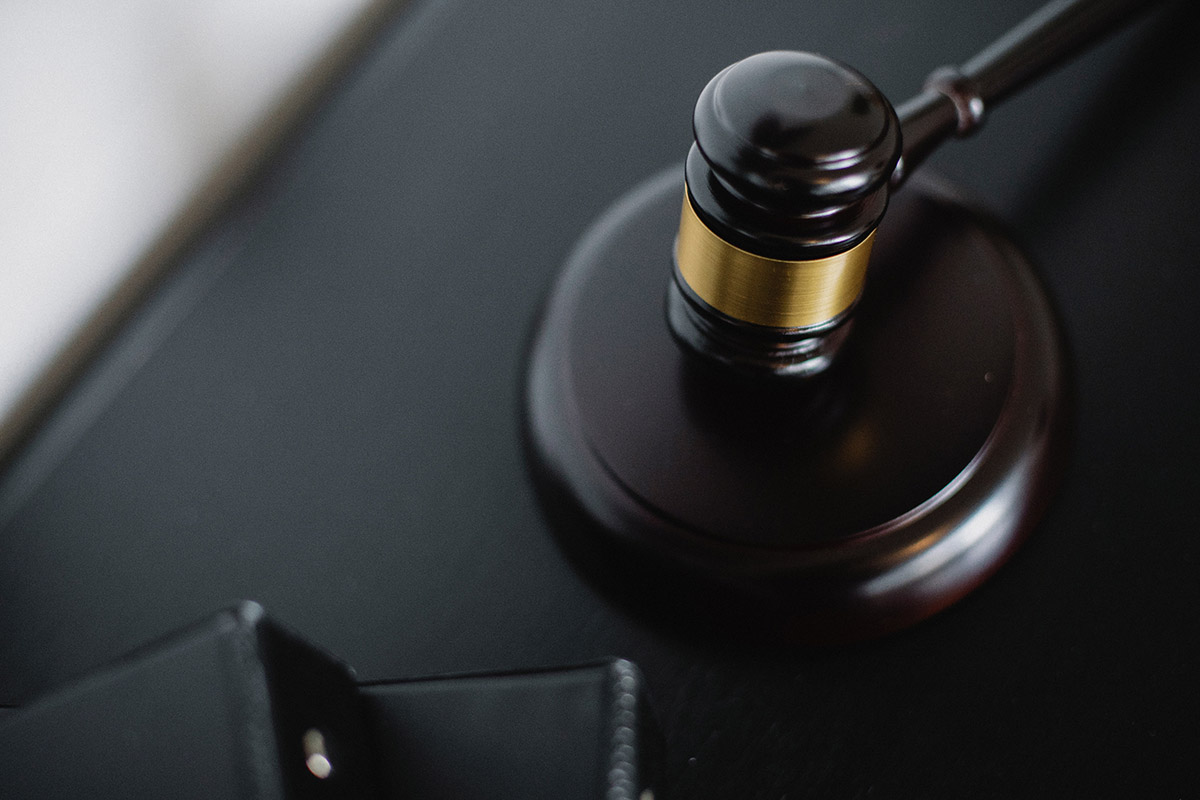Seven Pitfalls In Personal Injury Litigation
Accidents can happen at any time of the day, from as small as tripping from the stairs. Or as big as getting hit by a car. Anything is a possibility. However, suppose the accident wasn’t down to your clumsiness, or it just wasn’t your fault. In that case, you’ll have to determine the party responsible for it. Even if it was partly your fault, you’re still entitled to a financial settlement from the person who was more at fault. That person, business liability, home, or car insurance will pay you for the damages you suffered.
That said, some mistakes and pitfalls in handling your injury litigation or claim might limit the amount of cash you get. At the same time, some might result in an insurance company completely denying your claim. In the end, mistakes you feel don’t warrant attention will have a significant impact later on in your claim. So, if you are in between a personal injury case against an at-fault party, there are some mistakes that you should avoid. You can find these common mistakes and pitfalls listed down below.
Personal Injury Litigation: Discussing the Case
There should be no reason whatsoever for you to discuss your case with someone hired by the at-fault party or insurance company. You will not benefit from it at all. In fact, you might end up saying something that their lawyers can use against you in court to convince the judge or jury that the personal injury was your fault alone.
So, if anyone from the fault party or insurance company tries to get in touch with you, ask them to call your lawyer instead. Your lawyer will know what to say and when to say it. For example, suppose you are looking for a lawyer to fight your injury case in Colorado. In that case, you can search online for a personal injury lawyer in Denver and hire one that fits your requirements.
Not Knowing You’re Under Investigation
Suppose you are a part of personal injury litigation. In that case, you should keep in mind that the other party and the insurance companies involved will be investigating you during your case. It might include following you and photographing or videotaping you in public. Engaging in any activity that might affect your existing injury case will be best, to be honest with such information.
The judge may appreciate that you engaged in such physical activity to complete a crucial task. However, they will be less lenient if you deny something supported by video or photographic evidence.
Giving Away Case Details On Social Media
Instagram, Facebook, Twitter, and other social media platforms are public websites-prime sources of material for defense attorneys and insurance adjusters. Even if you set your social media accounts as private, these individuals can still find text, videos, pictures, and other materials. It will help their clients avoid paying you a settlement.
For instance, they can acquire pictures and videos of your recent activity to prove to the court that you aren’t as injured as you claim. Even if All you’re just doing is standing in public with a smile on your face, they can distort the pictures with no trouble.
Avoiding Medical Treatment
After being in an accident, personal injury victims might sometimes think they are fine and refuse medical treatment. Something such as this can be detrimental to your claim later on. As an accident victim, you’ll have to seek and receive a comprehensive medical checkup after being a victim of an accident. So, the doctor can know the severity of your injury and treat it accordingly.
It also allows you to record your medical details through a formal medical record that will serve as evidence. And it will also help your claim when you file a personal injury lawsuit.
Concealing Facts From Your Lawyer
Trying to act smart during a personal injury claim can cause problems later on in court. That said, even if you try to hide details from other people, ensure that your attorney knows the truth. And this includes information about any prior medical conditions.
Hiding vital information from your lawyer won’t benefit you in any case, and your chances of acquiring the amount you deserve will go down the drain.
Saying Yes To The First Settlement Offer Your Get
Personal injury plaintiffs have often accepted the initial offer they received from the insurance company, oblivious that it was only cents on the dollar. It would be best if you always kept in mind that insurance companies are out to make money for themselves, and such a thing can mean that their first offer you get will be a lowball one.
We recommend hiring an attorney who can calculate your losses beforehand and negotiate a far better settlement with the insurance company.
Giving Your Rights Away
You should always avoid signing anything that you don’t have much information about, especially on papers related to your claim. Simple release and clause documents contain confidential information and legal jargon that waives your rights to future claims. In addition, it can allow the at-fault party or insurance company access to your private documents. Always involve your attorney whenever you sign any legal form.
Personal injury litigation: conclusion
In the end, many personal injury victims find it a hassle to take their case to trial. However, know this, you’re entirely entitled and within your rights to file a case against the at-fault party and obtain a cash settlement. That said, if you decide to do so, remember that there is something known as the statute of limitations. Therefore, you’ll have to file your claim within a set time frame if you want what you deserve. Otherwise, the jury or judge won’t listen to your case.




















